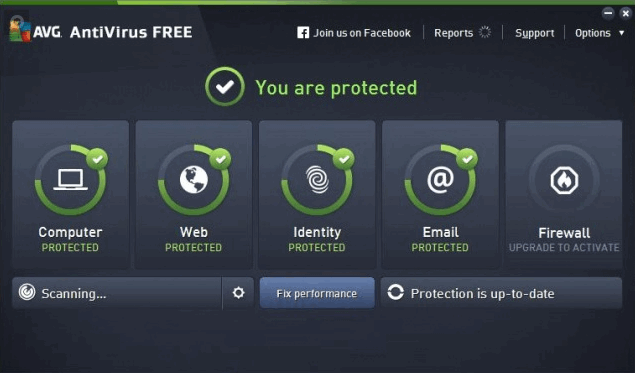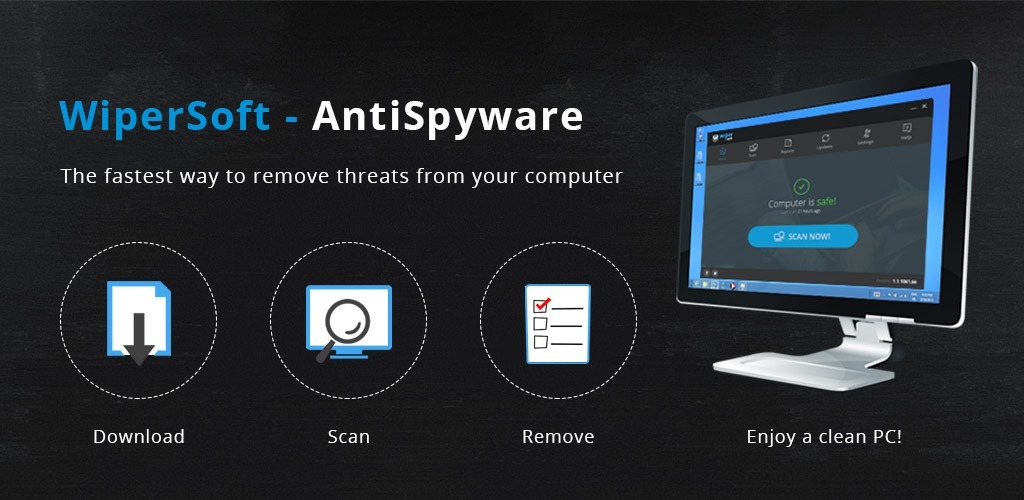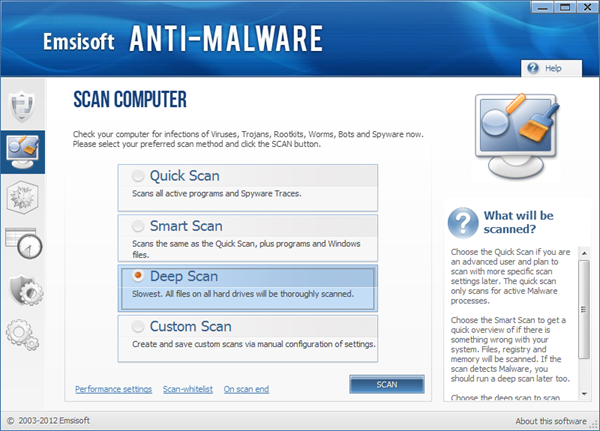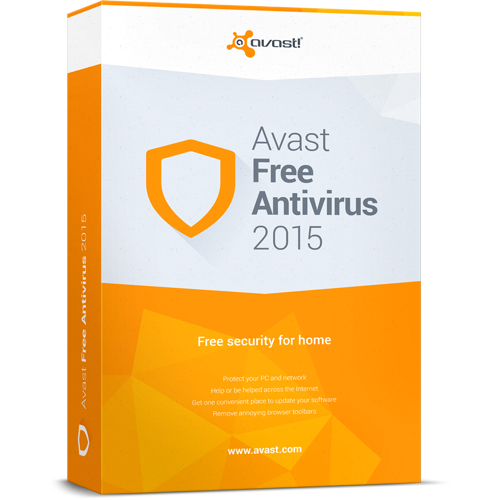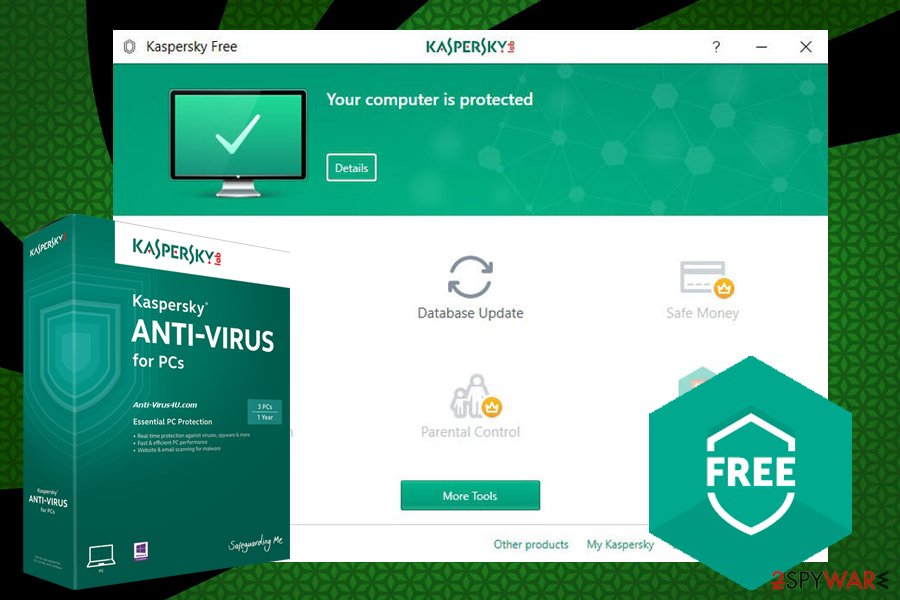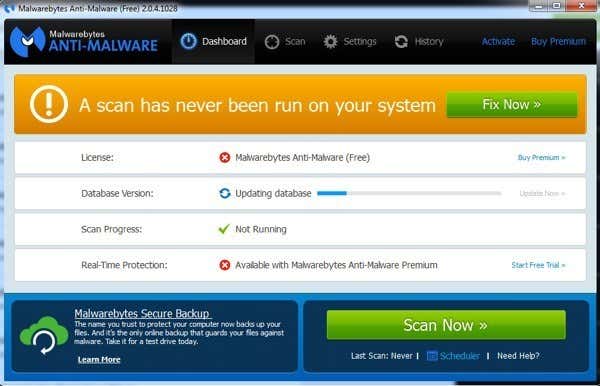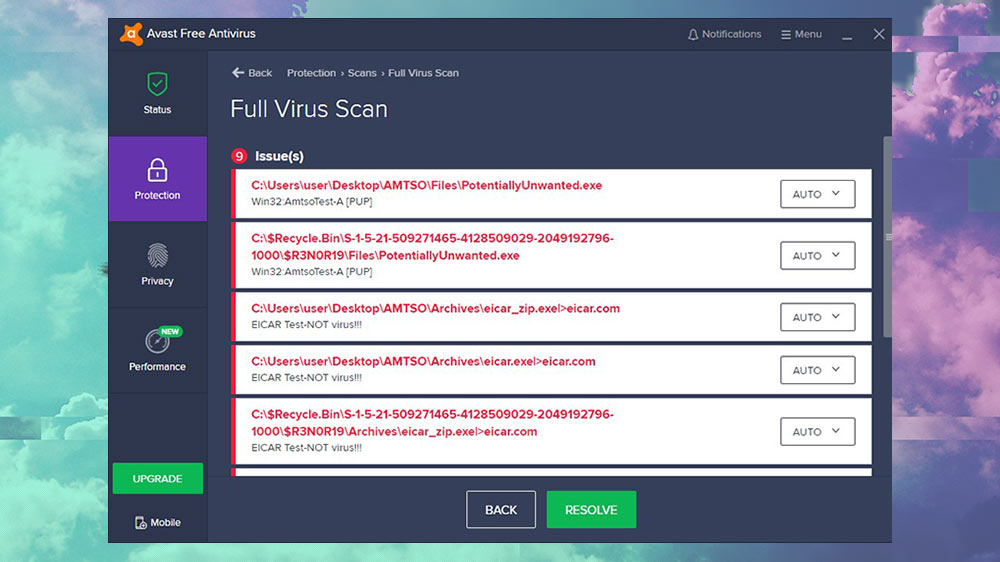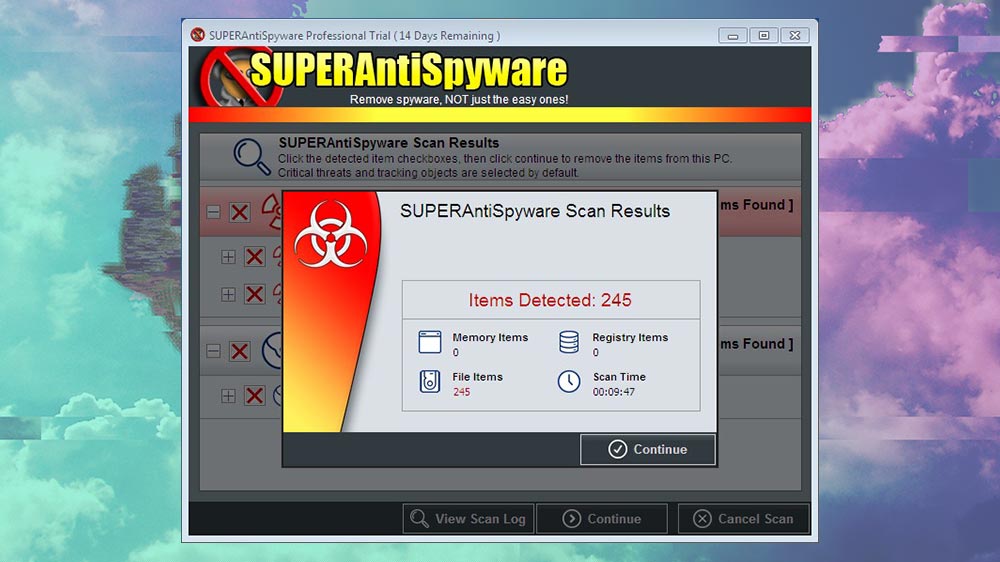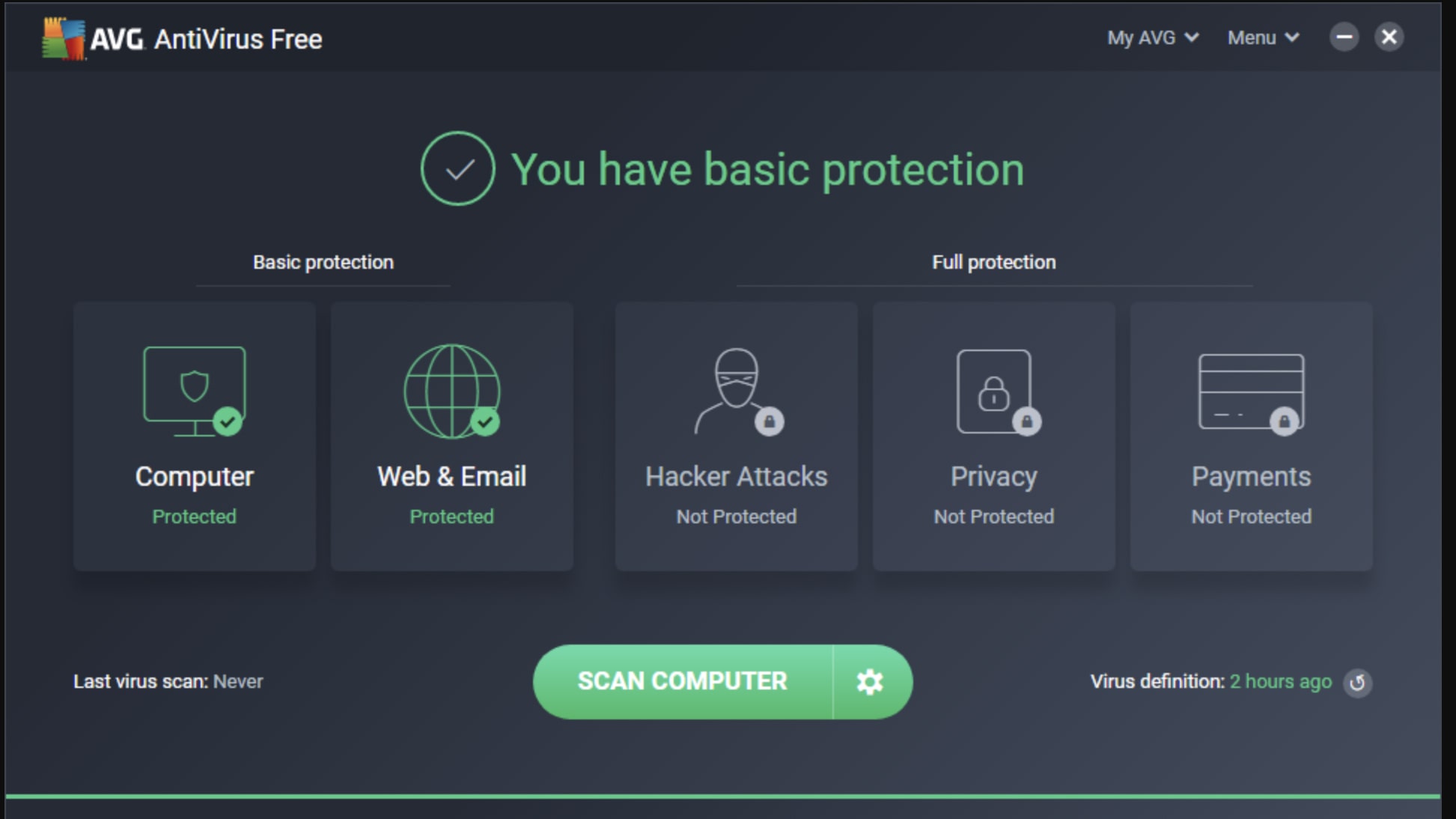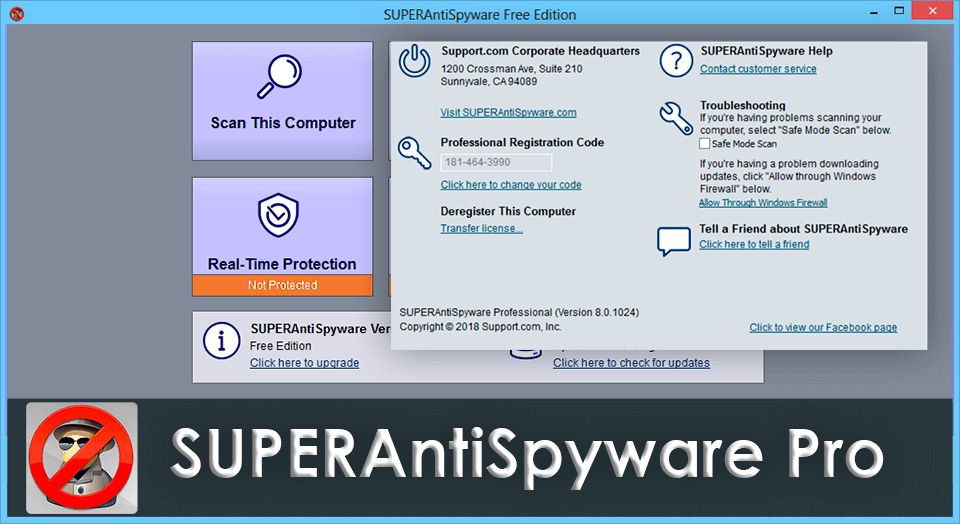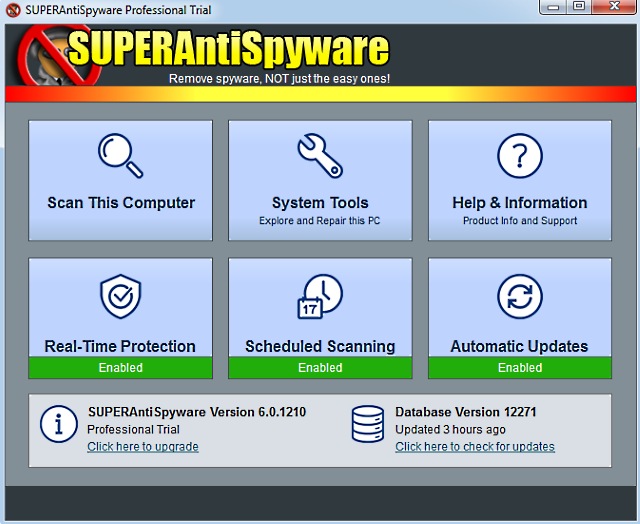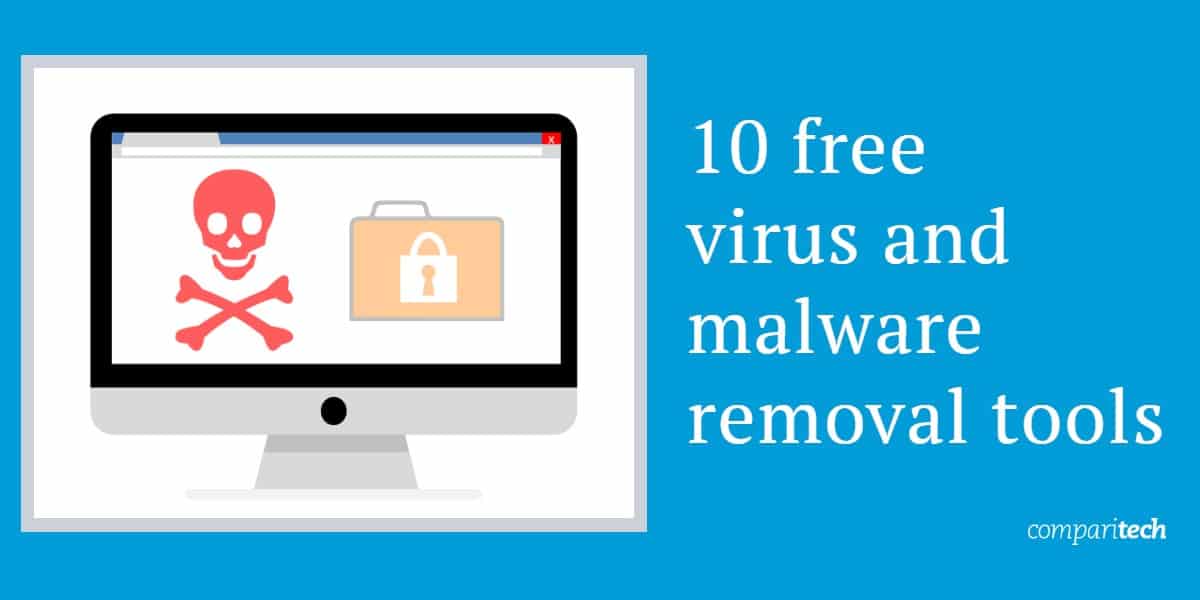Best Free Antivirus Malware Spyware Software 2015
The digital landscape in 2015 was a minefield. Rampant cyber threats targeted unsuspecting users daily, demanding robust protection. Many found themselves caught between the necessity of cybersecurity and the cost associated with premium software.
This article delves into the best free antivirus, malware, and spyware software options available in 2015. We aim to guide readers through a selection of effective, zero-cost solutions. Our analysis focuses on features, detection rates, user experience, and overall security performance, relying on data from reputable security testing organizations and user reviews of the time.
The 2015 Cybersecurity Landscape
2015 saw a surge in sophisticated malware attacks. Ransomware campaigns like CryptoLocker and evolving phishing techniques posed significant risks. The need for comprehensive protection became undeniably clear for both individual users and businesses alike.
However, not everyone could afford the often hefty price tags of established security suites. This created a demand for free, yet reliable antivirus solutions that offered a safety net without straining budgets. The free options played a crucial role in democratizing cybersecurity access.
Top Free Antivirus Solutions of 2015
Several free antivirus programs stood out in 2015. These programs provided essential protection against a range of threats. They offered real-time scanning, malware removal, and some even included additional features like web browsing protection.
Avast Free Antivirus
Avast Free Antivirus consistently ranked high in independent testing. It offered a strong malware detection engine. It also included a user-friendly interface and additional features like a password manager, though the free version came with prompts to upgrade to a paid version.
AVG AntiVirus Free
Another popular choice was AVG AntiVirus Free. It provided decent protection against common threats, boasting a relatively small system footprint. Like Avast, AVG also pushed for upgrades to their premium security suite, but the free version was a solid baseline defense.
Avira Free Antivirus
Avira Free Antivirus was well-regarded for its robust malware detection capabilities. This antivirus was powered by a powerful scan engine. Its interface was generally easy to navigate, though some found the frequent advertising for its paid version intrusive. Avira also offered browser security extensions.
Microsoft Security Essentials (Windows Defender)
Pre-installed on Windows systems, Microsoft Security Essentials (later rebranded as Windows Defender) provided a basic level of protection. While not always scoring as high as other dedicated antivirus solutions in independent tests, its integration with the operating system made it a convenient option for many users. Microsoft Security Essentials offered real-time scanning and malware removal.
Factors to Consider When Choosing Free Antivirus
Selecting the best free antivirus depended on individual needs and priorities. Users should weigh the pros and cons of each option based on factors such as detection rates, system impact, and ease of use.
Independent testing organizations like AV-TEST and AV-Comparatives provided valuable data on the effectiveness of different antivirus solutions. These reports offered insights into how well each program performed against various types of malware. Understanding the results of independent testing was helpful.
Another crucial factor was the impact on system performance. Some antivirus programs could significantly slow down computers, especially during scans. Opting for a lightweight solution was particularly important for users with older or less powerful hardware. Some free antivirus software consumed more resources.
Finally, user experience played a role. A complicated or unintuitive interface could frustrate users and make it difficult to manage security settings. Choosing a program with a clean and straightforward interface was essential for ease of use. Ease of use was a significant factor.
Beyond Antivirus: Additional Security Measures
Even with the best free antivirus software, it's important to practice safe browsing habits. Avoiding suspicious websites and downloads, being cautious about opening email attachments from unknown senders, and regularly updating software could dramatically reduce the risk of infection.
Consider using a free firewall for an additional layer of protection against unauthorized access to your computer. A firewall helps to control network traffic and block malicious connections. It can enhance the security provided by your antivirus software.
Regularly backing up important data is also critical. This ensures that you can recover your files in the event of a ransomware attack or other data loss incident. Backup your important files regularly.
The Evolution of Cybersecurity
The threat landscape has changed significantly since 2015. Modern malware is more sophisticated and targeted than ever before. While the free antivirus programs mentioned in this article were effective at the time, they may not be sufficient to protect against the latest threats today.
The cybersecurity industry has evolved dramatically. New technologies such as machine learning and artificial intelligence are now used to detect and prevent malware. Users should regularly evaluate their security needs and update their software accordingly.
Staying informed about the latest threats and security best practices is essential for protecting yourself in the ever-changing digital world. Keep abreast of the latest developments.


